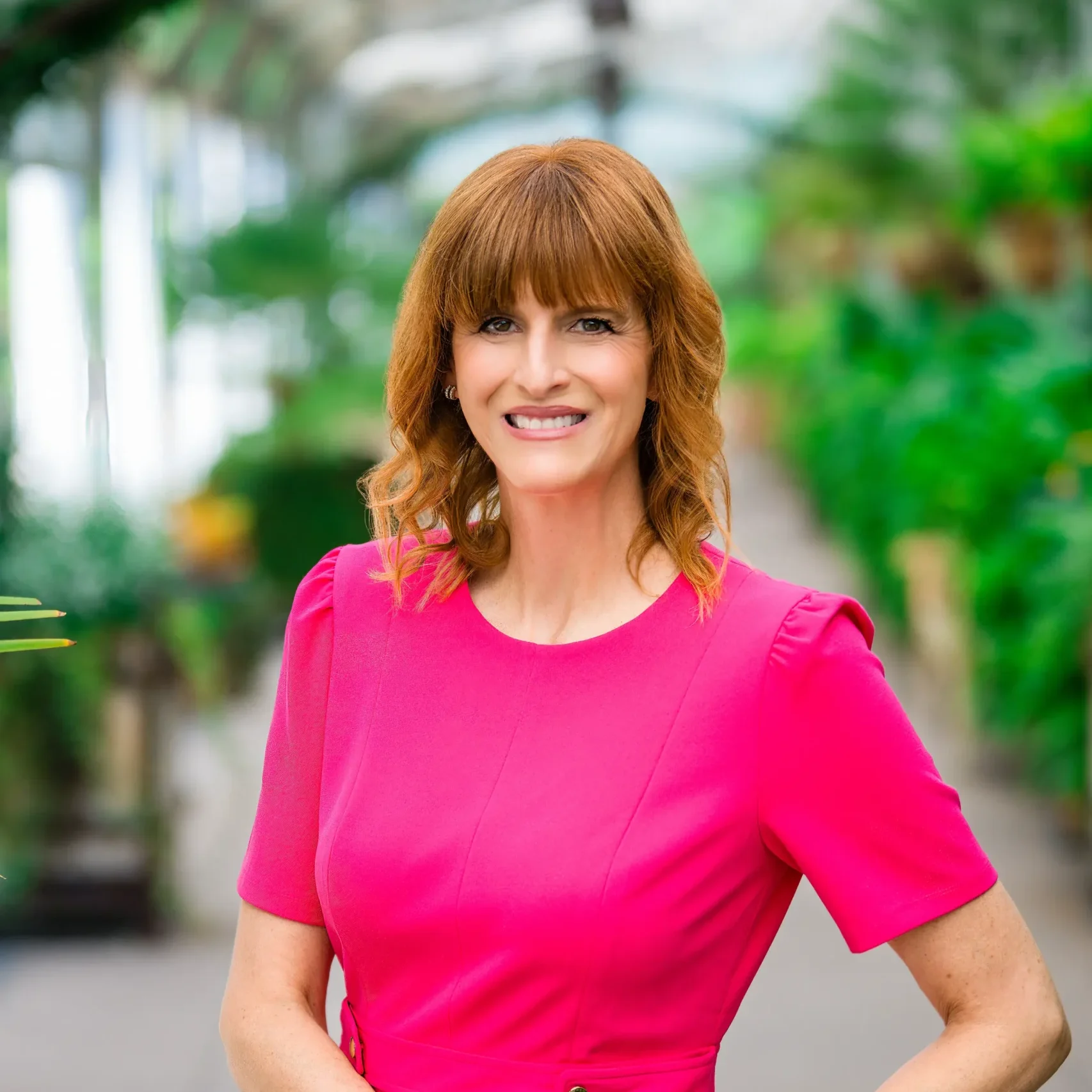When it comes to women and finances, you’ll come across a lot of articles and self-help content that says we need to be more confident.
But that’s not really the case.
According to the Equitable Women and Wealth Study, “Women control more than one-third of all U.S. household financial assets, a share that is likely to grow significantly in the years ahead. This trend has been occurring for decades as women continue to earn higher incomes, becoming the sole financial decision-makers in their households.”
And when it comes to the stats on women and investing, we’re looking pretty good: “More than half (51%) of women who invest in the market say they typically stay the course on their investments when the market experiences a dip, compared to 43% of men.”
Is there room for improvement? Sure. But studies are showing that confidence isn’t the issue.
What’s the Difference Between Being Confident and Being Comfortable?
This is a question that I started thinking about recently and, fortunately, I came across an article in Medium that I think explains it rather well.
In Comfort > Confidence, author Andrew Yang explains that confidence is the next step past being a rookie who doesn’t know anything; comfort is what happens when you’re a master.
You’re most likely nervous at the beginning because you’re a rookie and frankly, you have no idea what you’re doing.
As you learn all the techniques and get better, you’re able to perform everything correctly and with confidence. You’re a pro.
But at some point, you simply relax. Everything is second nature, and you perform even difficult tasks with unthinking ease. You even start inventing new techniques that break old rules. You’re a master.
Masters are beyond confident — they’re comfortable.
In other words, more and more women are already in the “confident” phase when it comes to their finances. Now we need to get comfortable.
How do We Get Comfortable with Our Finances?
Before I answer that question, let’s talk about WHY that’s important.
And, yes, I’m going to throw another statistic at you.
There have been copious studies performed on how men and women manage money when it comes to investments. Most conclude that men are more confident in their financial knowledge and more open to risky investments, while women are more cautious, future-focused investors.
In my work with single Gen X women, I have found this to be true. Until a woman is completely comfortable with her finances and understands the reasoning behind certain investment decisions, she’s not as willing to take risks as her male counterpart might be. However, once she receives financial education about what we’re doing…she’s usually on board AND feels good about it.
The good news is – and again this is according to my experience – most women are more open to having things explained to them than men are. They’re more willing to say, “I don’t know” when asked a question. They’re willing to ask for help. They’re open to learning – and I think that’s the key that will move women from “confident” to “comfortable.”
What’s Next?
I’m betting that when you read the difference between confident and comfortable, you knew immediately what I was talking about. We can physically feel the difference between the surge of energy that comes with confidence and the relaxed feeling that comes with comfort.
So, how do you get there?
- Find a financial advisor you feel at ease with – someone with whom you can share the good, bad, and ugly. In my case, you don’t even have to commit to a long-term relationship. I can make appointments with you as you need them for an hourly fee.
- Discuss the holes you think you have in your financial education. What would make you feel more confident when you think about or discuss your finances? Really think about how amazing that would feel.
- Ask the advisor what other resources you can tap into. Is there a podcast, book, or financial blog they recommend? When you find educational sources that resonate with you, you’ll be more likely to absorb the information and make changes that might lead to “comfort” status.
Ready to get comfortable with your finances? Let’s talk.






